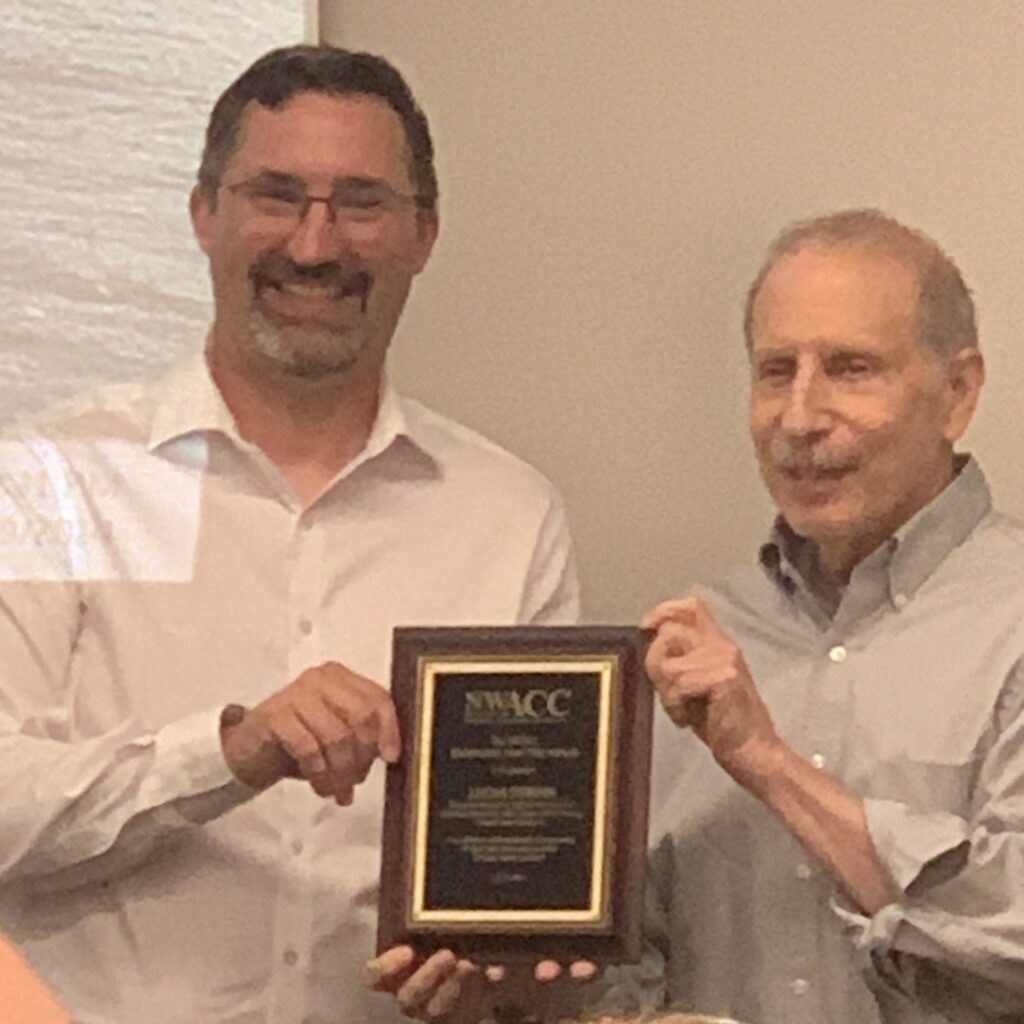
Lucas Turpin, Executive Director of Digital Extension and Inclusion, UIT – Oregon State University for Supporting Oregon State University’s mission through Digital Inclusion
The Challenge
Millions of Oregonians lack the necessary tools to fully engage in our digital economy and society, including full participation in higher education and health programs. Extension and engagement are core to Oregon State University’s mission and integral to helping everyone across OSU create real solutions and positive impact across Oregon and beyond. Technology and the digital flow of information are the keystone supports for OSU’s strategic goals, objectives and the administration, operation, development, and delivery of university services.
The Solution
In 2022, the Vice Provost and Chief Information Officer partnered with the Division of Extension and Engagement to create the joint role of Executive Director of Digital Extension and Inclusion to build an OSU program focusing on using technology to expand OSU’s reach and promote the health and success of Oregonians and their communities.
As Executive Director of Digital Extension and Inclusion, Lucas leads UIT’s Inclusive Economic Development initiative as an active participant in statewide activities aimed at closing Oregon’s digital divide and promoting digital inclusion. In collaboration with regional partners, Lucas and his team are working aggressively to reduce barriers for Oregon’s Tribal and rural communities and enhance the IT experience at OSU locations across Oregon, including research labs, extension offices, and agricultural research stations. The program has a focus in three areas:
- Expanding OSU’s strategic engagement through Link Oregon;
- Advocacy and leadership in statewide efforts promoting digital equity and inclusion;
- Strategic leadership at OSU for systems and processes that support the university’s non credit capabilities.
Lucas has been building the Digital Extension and Inclusion program with a staff of two, but the partnership with the Division of Extension and Engagement has amplified UIT’s ability to find creative solutions in every county in Oregon. To further expand his leadership impact, Lucas has also engaged Link Oregon, a collaboration between OSU, UO, OHSU, PSU, and the State of Oregon, and built relationships with communities and policy organizations across the state. Through these means, he has already made significant contributions to the worthy goal of achieving digital equity for Oregon to enable civic and cultural participation, employment, lifelong learning, and access to essential services.
Outcomes
- Full digital participation for employees statewide: Lucas is leveraging OSU’s strong partnership with Link Oregon to extend OSU’s research quality network to employees at more than 45 research and extension sites across the state of Oregon.
- Digital equity for traditionally underserved Oregonians: Lucas is engaging directly with rural communities, and partnering with Link Oregon and Oregon’s nine federally recognized tribes to create the Oregon Tribal Broadband Summits, a venue for the tribes to discuss their needs, challenges, and experience with the digital divide.
- Oregon Broadband Equity Coalition: In collaboration with state and community stakeholders, Lucas is leading the foundation of a statewide effort to promote digital equity and inclusion that will empower communities to obtain sustainable solutions including broadband affordability and accessibility, device access, skill readiness, cyber security, and local support to digitally enhance civic and cultural participation, employment, lifelong learning, and access to essential services.
- Unified lifelong learning platform: Establish a platform for non-credit instruction to enhance the university’s non-credit capabilities, including for workforce development, volunteer management, and tracking stakeholder engagement.
Relevance for Other Institutions
Deep and broad IT skills, user experience and human design core competencies have a vital role to play in building digital equity. Under Lucas’ leadership, the digital and inclusion effort at OSU demonstrates how college and university IT organizations pursuing the goal of digital and business transformation can apply this focus and skill to magnify their impact on critical social and community challenges. While most will not have a statewide reach, the same objectives of elevating the research enterprise, improving support for non-credit programs and volunteer relationships, and improving broadband access and digital equity can also be pursued locally or regionally.
